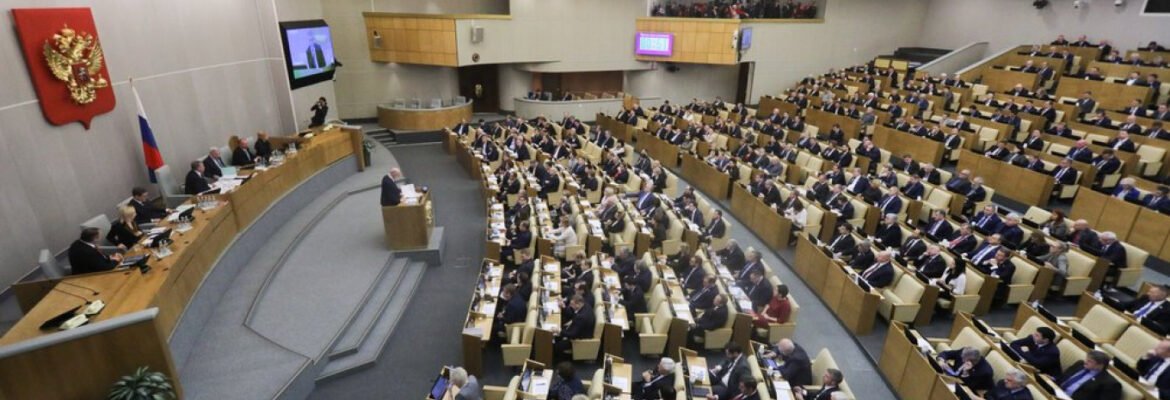The Russian Parliament has received a draught law on non-financial transactions (NFTs).
A measure has been introduced in the Russian State Duma to introduce the term non-financial transactions (NFTs). The draft’s authors argue that non-fungible token owners’ rights must be safeguarded because Russians are now dealing with NFTs at their own risk. Members of Russia’s lower house, the Duma, have proposed a bill that would include the phrase “NFT-tokens” into the Russian Federation’s Civil Code. The bill’s sponsors, Vladislav Davankov and Anton Tkachev are members of the liberal New People party’s parliamentary group.
According to Tass, the effort intends to “recognize NFT-tokens as non-fungible tokens of unique digital assets (pictures, movies, or other material) in the form of non-fungible data stored in a distributed ledger system (blockchain system).” “We must preserve the rights of NFT owners,” Tkachev stated, according to the party’s press service. He stated that the legal idea of non-fungible tokens does not yet exist under Russian legislation and that people continue to conduct transactions using NFT tokens at their own risk.
While the Russian government was working hard to improve the country’s crypto environment, current and prospective law in Russia no longer specifically includes NFTs. The term virtual economic assets (DFAs), established by employing legislation that takes effect in January 2021, refers to cryptocurrencies and specific types of tokens. In February, the Ministry of Finance submitted a new bill “On Digital Currency,” which is expected to be implemented this year. It was developed to fill the final regulatory gaps in the country’s legislation. Despite the fact that the Central Bank of Russia opposes the legalization of cryptocurrencies such as bitcoin, the federal government in Moscow has previously supported it.
Read more: According to a lawmaker, Russia’s first digital financial assets are expected this year.









